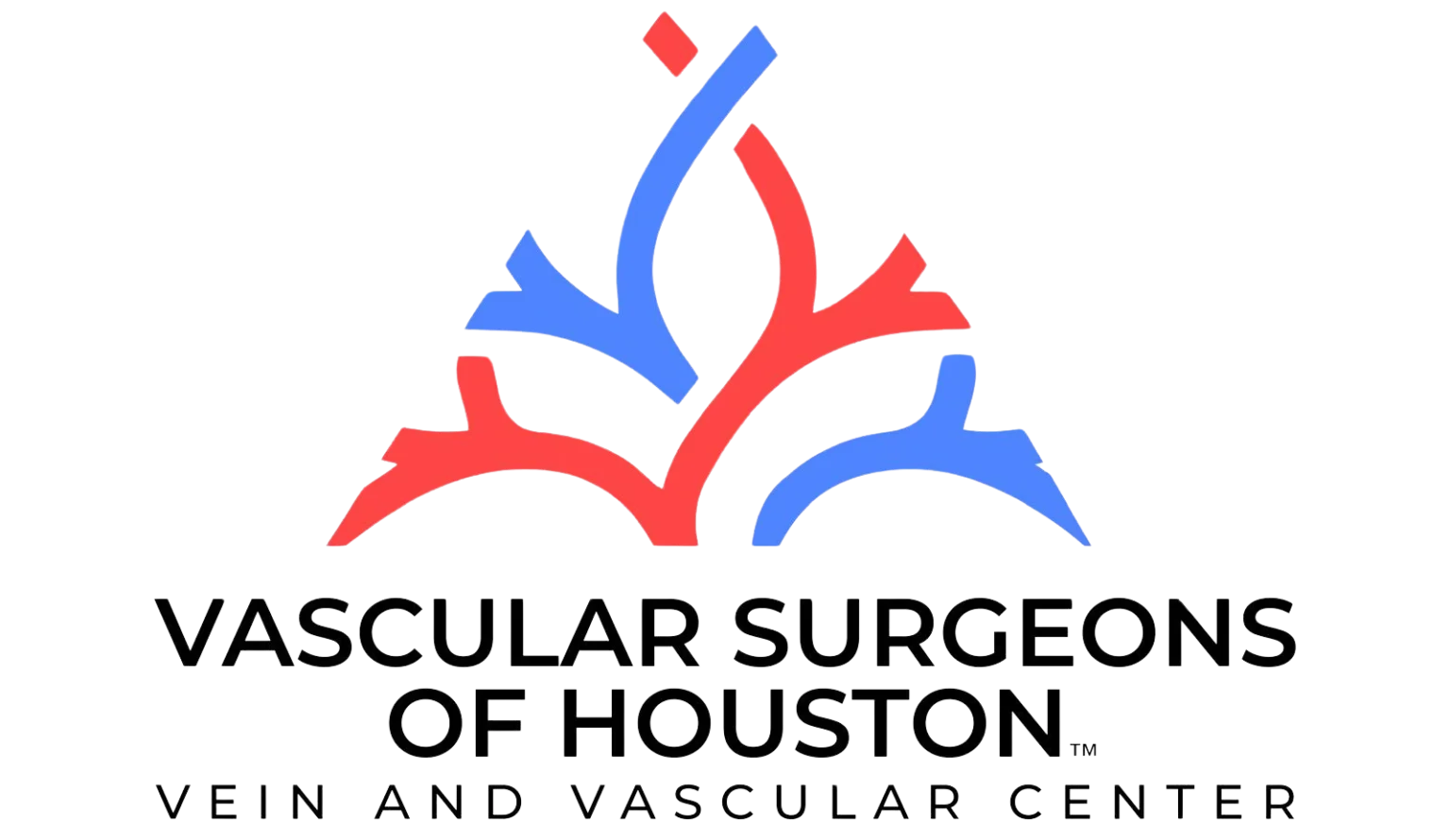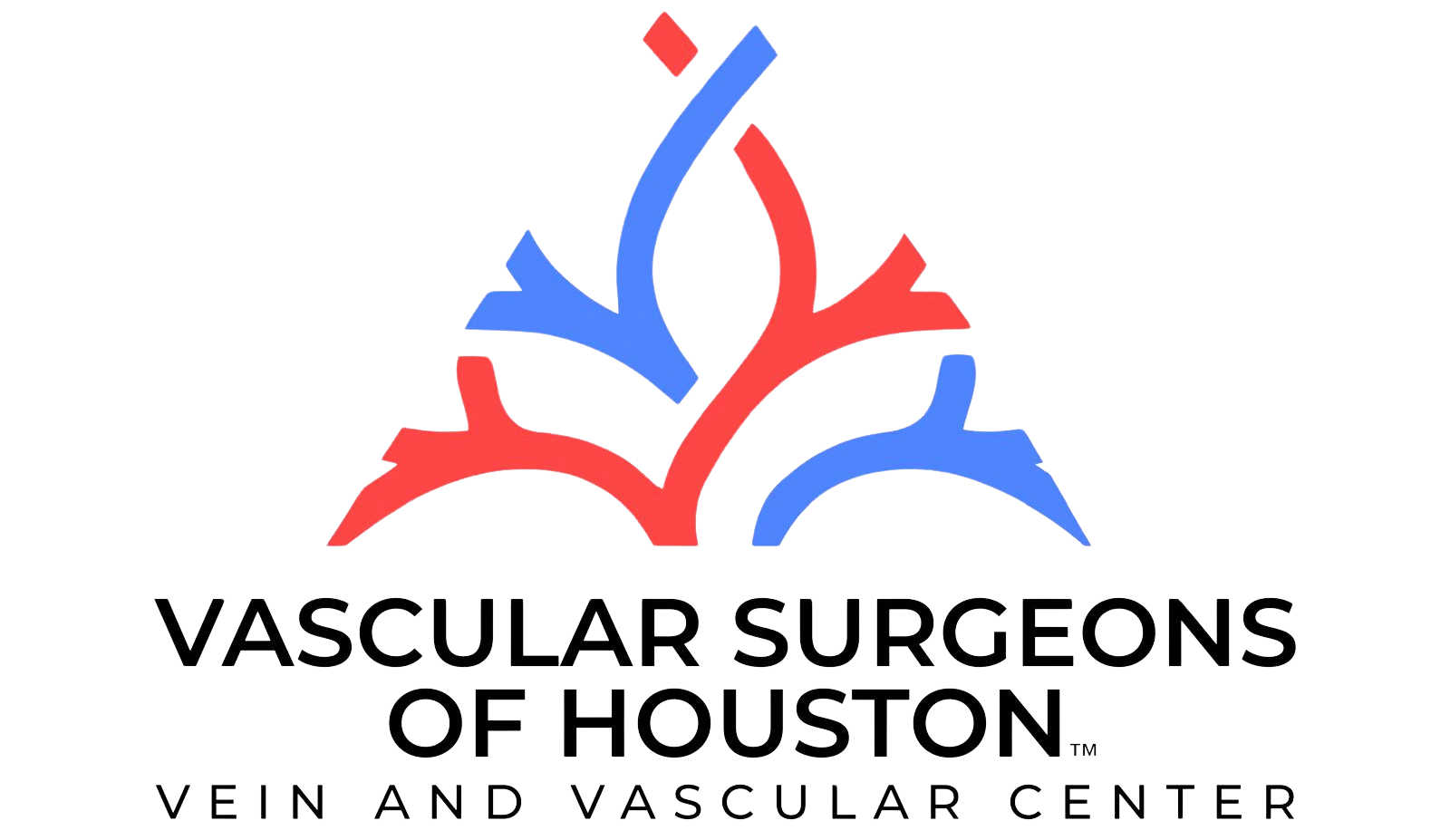5 Key Factors to Consider When Choosing the Best Vein Specialist
Dealing with varicose veins or spider veins can be frustrating. The swelling, discomfort, and visible appearance affect your confidence and quality of life. Finding the right veins specialist is crucial for getting effective treatment and lasting results. With numerous options available, how do you make the best choice for your vascular health needs?
This comprehensive guide will help you navigate the process of selecting a qualified vein specialist who can provide the personalized care you deserve. Whether you’re experiencing painful symptoms or seeking cosmetic improvement, understanding what to look for in a vein doctor ensures you receive optimal treatment outcomes.
Understanding Different Types of Vein Specialists
Before choosing a vein specialist, it helps to understand the various medical professionals who treat venous conditions. Each type brings unique qualifications and expertise to vascular care.
Vascular Surgeons
Vascular surgeons undergo extensive training in treating conditions affecting blood vessels throughout the entire body. They complete medical school, general surgery residency, and specialized vascular surgery fellowship training. Board-certified vascular surgeons can perform both minimally invasive procedures and complex surgical interventions for severe vein disease.
Phlebologists
Phlebologists focus specifically on vein disorders. These specialists obtain certification through the American Board of Venous and Lymphatic Medicine. They typically handle superficial vein treatments using techniques like sclerotherapy and laser ablation. However, their training may be more limited compared to vascular surgeons.
Interventional Radiologists
These physicians specialize in using imaging technology to guide minimally invasive procedures. Interventional radiologists treat various vascular conditions using catheter-based techniques. They bring valuable expertise in image-guided vein treatments with precision and accuracy.
Verify Board Certification and Credentials
The foundation of choosing the right veins specialist starts with verifying their professional credentials. Board certification demonstrates a physician has met rigorous standards in their specialty.
Look for specialists certified by recognized boards such as the American Board of Surgery for vascular surgeons or the American Board of Venous and Lymphatic Medicine for phlebologists. These certifications require extensive training, passing comprehensive examinations, and ongoing continuing education.
Don’t hesitate to ask about your doctor’s educational background, residency training, and fellowship experience. A qualified vein specialist Houston will readily share their credentials and professional achievements with you.
Evaluate Experience and Treatment Specialization
Experience matters significantly when it comes to vein treatments. A specialist who has performed hundreds or thousands of procedures will likely achieve better outcomes than someone just starting their practice.
Questions to Ask About Experience
When evaluating potential specialists, consider asking these important questions:
How many years have you been treating vein conditions? A specialist with at least five years of dedicated vein treatment experience typically has refined their techniques and developed better judgment for complex cases.
What types of vein conditions do you most commonly treat? Specialists who regularly handle cases similar to yours will have more relevant expertise. If you have extensive varicose veins, you want someone experienced with advanced interventions, not just cosmetic spider vein treatments.
How many procedures like mine have you performed? Higher procedure volumes generally correlate with better outcomes and fewer complications. A varicose veins specialist near me should have substantial experience with your specific treatment needs.
Treatment Modality Expertise
Modern vein treatment offers multiple approaches. Your ideal specialist should be proficient in various techniques including endovenous laser treatment, radiofrequency ablation, sclerotherapy, VenaSeal closure, and when necessary, traditional surgical options.
A specialist who offers diverse treatment options can tailor their approach to your unique condition rather than forcing every patient into a one-size-fits-all solution. This flexibility leads to more personalized care and better results.
Assess the Facility and Technology
The quality of the treatment facility directly impacts your safety and outcomes. Modern vein care requires advanced diagnostic and treatment technology.
Diagnostic Capabilities
Look for facilities equipped with ultrasound imaging technology. Duplex ultrasound allows specialists to visualize blood flow and identify problematic veins accurately. This diagnostic precision ensures your doctor develops an effective treatment plan based on comprehensive assessment rather than surface-level observation.
Treatment Technology
Advanced treatment centers invest in the latest equipment for minimally invasive procedures. Technologies like endovenous laser ablation systems, radiofrequency generators, and VenaSeal adhesive delivery systems represent current standards in vein care.
Accreditation and Safety Standards
Verify that the treatment facility maintains proper accreditation. Accredited vascular laboratories meet strict quality and safety standards. This accreditation provides assurance that the facility follows best practices for patient care and equipment maintenance.
Review Patient Testimonials and Outcomes
Patient experiences offer valuable insights into what you can expect from a vein specialist. While individual results vary, patterns in patient feedback reveal important information about a doctor’s practice.
Where to Find Reliable Reviews
Check multiple sources for patient reviews including Google reviews, Healthgrades, Vitals, and the practice’s website testimonials. Look beyond star ratings to read detailed comments about specific aspects of care.
What to Look For in Reviews
Pay attention to comments about wait times, staff friendliness, doctor communication, treatment effectiveness, and post-procedure support. Consistent themes across multiple reviews usually reflect the actual patient experience more accurately than isolated opinions.
Before and after photos, when available, provide visual evidence of treatment results. Keep in mind that results vary based on individual factors, but quality photos demonstrate a specialist’s skill and transparency.
Consider Accessibility and Communication
Practical factors like location, appointment availability, and communication style significantly affect your treatment experience.
Geographic Convenience
While you shouldn’t compromise on quality for convenience, choosing a reasonably accessible specialist makes attending appointments easier. Multiple treatment sessions may be necessary, so consider travel time and parking availability when selecting your Varicose vein treatment Houston vascular surgeon.
Communication and Bedside Manner
Your vein specialist should listen attentively to your concerns, answer questions thoroughly, and explain treatment options in understandable terms. Good communication builds trust and ensures you feel comfortable throughout your care journey.
During your consultation, assess whether the doctor takes time to understand your goals and lifestyle. A patient-centered approach means customizing treatment recommendations to fit your specific needs rather than rushing through appointments.
Office Responsiveness
The quality of front desk staff and overall office organization reflects the practice’s commitment to patient care. Responsive scheduling, clear billing practices, and helpful staff members indicate a well-run practice that values patients.
Insurance Coverage and Treatment Costs
Understanding financial aspects before starting treatment prevents unwelcome surprises and helps you make informed decisions.
Insurance Verification
Many vein treatments qualify for insurance coverage when deemed medically necessary. Symptoms like pain, swelling, skin changes, or ulceration often meet coverage criteria. However, purely cosmetic treatments typically require out-of-pocket payment.
Ask the specialist’s office staff to verify your insurance benefits before scheduling procedures. A reputable practice will help you understand coverage details and obtain necessary pre-authorizations.
Transparent Pricing
Choose a specialist who provides clear, upfront pricing information. You should receive detailed cost estimates including procedure fees, facility charges, and follow-up visit costs. Transparent pricing demonstrates integrity and helps you plan financially.
Be cautious of practices offering unrealistically low prices. Quality vein care requires proper equipment, trained staff, and adequate time for thorough treatment. Extremely discounted services may cut corners that compromise your results or safety.
Schedule a Consultation
After researching potential specialists, schedule consultations with your top choices. This face-to-face meeting provides the best opportunity to evaluate whether a specialist meets your needs.
What to Expect During Your Consultation
A comprehensive consultation includes a thorough medical history review, physical examination, and often diagnostic ultrasound imaging. The specialist should discuss your symptoms, lifestyle factors, and treatment goals.
Expect to receive information about recommended treatment options, including benefits, risks, expected outcomes, and recovery time. The consultation should leave you feeling informed and confident about next steps.
Questions to Ask Your Specialist
Come prepared with questions specific to your situation. Consider asking about success rates for your condition, potential complications, alternative treatment options, and what to expect during recovery.
Also inquire about follow-up care and long-term vein health maintenance. Comprehensive care extends beyond the initial treatment to ensure lasting results.
Making Your Final Decision
After gathering information and meeting with specialists, trust your instincts while weighing the objective factors. The right veins specialist combines excellent credentials, relevant experience, modern facilities, positive patient outcomes, and a communication style that makes you feel heard and respected.
Don’t rush this important decision. Take time to reflect on your consultations and review your notes. Choosing the right specialist increases your chances of successful treatment and improved quality of life.
If you’re searching for the best treatment for varicose veins in Houston, consider scheduling a consultation with a board-certified vascular specialist who offers comprehensive evaluation and advanced treatment options tailored to your needs.
Conclusion
Choosing the right veins specialist represents an important investment in your health and wellbeing. By focusing on credentials, experience, technology, patient satisfaction, and communication, you can identify a qualified professional who will provide excellent care tailored to your unique needs.
Remember that successful vein treatment goes beyond the procedure itself. The right specialist partners with you for long-term vascular health, offering guidance on prevention strategies and lifestyle modifications to maintain your results.
Recent Posts
-

15 Yoga Poses to Improve Blood Circulation in Your Legs
January 9, 2026 -

10 Things You Can Do Today for a Healthier Heart and Better Flow
January 7, 2026 -

7 Effective Exercises for Chronic Venous Insufficiency
December 23, 2025 -

10 Superfoods That Improve Your Blood Circulation Naturally
December 23, 2025 -
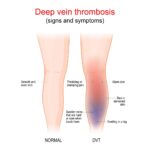
Blood Clot in Leg Treatment in Houston: Expert DVT Care 2026
December 19, 2025 -
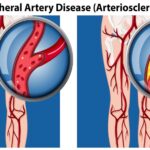
How Laser Ablation Can Help with Chronic Pain: Houston’s Leading Solutions
December 8, 2025 -

How Diabetes Affects Your Vascular Health
December 3, 2025 -

What Causes Varicose Veins in Your Legs?
December 3, 2025 -

Top 5 Signs You Need to Consult the Best Doctor for Vascular Surgery
December 3, 2025 -

Top 10 Vascular Surgeons in Texas: A Comprehensive Guide
December 3, 2025 -
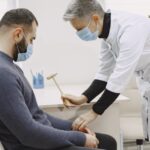
5 Key Factors to Consider When Choosing the Best Vein Specialist
November 3, 2025 -
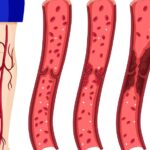
The Causes, Symptoms, and Treatments of Peripheral Venous Disease
November 3, 2025 -

Expert Limb Preservation Services in Houston Hospitals
November 3, 2025 -

Top 5 Vein Specialists in Houston: Expert Guide 2026
November 3, 2025 -
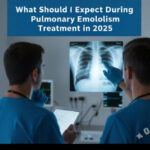
What Should I Expect During Pulmonary Embolism Treatment in 2026
September 30, 2025 -

Top 10 Vascular Surgeons in Texas | Best Vascular Specialists 2025
September 12, 2025 -

Choosing Minimally Invasive Vascular Surgery: A Comprehensive Guide
September 11, 2025 -

Top 5 Houston Vascular Surgeons for Effective Vein Care
August 26, 2025 -

Top 5 Signs You Need to See a Vascular Surgeon in Houston
August 19, 2025 -
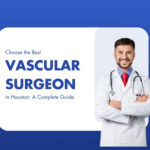
How to Choose the Best Vascular Surgeon in Houston: A Complete Guide
August 18, 2025 -

Understanding Vascular Health: When to See a Specialist Like Dr. Desai
July 28, 2025 -

Why Do I Need to See a Vascular Surgeon for PAD?
July 21, 2025 -
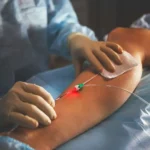
Top 5 Signs It’s Time for Varicose Vein Treatment
July 7, 2025 -

How Smoking Affects Your Vascular Health? Discover the Risks of AAA, PAD, and Stroke
July 4, 2025 -
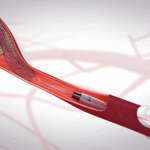
Preventing Strokes with TCAR: Revolutionary Treatment Now Available in Cypress
June 23, 2025 -

Minimally Invasive Vascular Surgery: Advanced Treatments for Complex Conditions
June 16, 2025 -

Peripheral Arterial Disease (PAD): What You Need to Know About Symptoms and Treatment
June 10, 2025 -
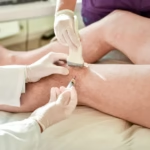
How Endovenous Laser Ablation is Changing Varicose Vein Treatment in Cypress
June 5, 2025 -

Best Vascular Surgeons in Houston: How to Choose the Right Specialist
June 5, 2025 -

Houston’s Best Varicose Vein Treatments: Expert Advice for Vascular Health
March 10, 2025 -

Meet Dr. Neil Desai: Cypress’s Trusted Vascular Surgery Expert
March 10, 2025 -
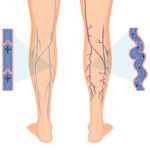
Top Solutions for Varicose Veins: Finding the Best Treatment in Houston
March 10, 2025
Contact Us
Important Links
Practice Location
- © Dr. Neil Desai, Vascular Surgeon Cypress, Houston, TX
